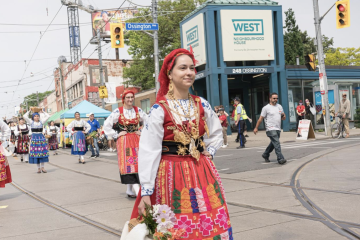Explore the Splendor of Malta: A Mediterranean Jewel

Introduction
Malta, a small archipelago in the Mediterranean Sea, is gaining significant attention for its rich history, stunning landscapes, and vibrant culture. Recently, tourism in Malta has surged, making it a key destination for travelers seeking a mix of sun, sea, and heritage. With its strategic location, Malta has been influenced by various civilizations throughout history, which has shaped its unique identity. Understanding Malta’s significance is crucial for those interested in European history and travel enthusiasts.
Historic Significance
Malta’s history dates back to ancient times, with evidence of habitation going back over 7,000 years. The megalithic temples of Malta, such as Ħaġar Qim and Mnajdra, are among the oldest free-standing structures in the world and offer glimpses into the island’s prehistoric societies. Following the fall of the Roman Empire, Malta became a key Mediterranean hub, especially with the arrival of the Knights of St. John in the 16th century, who fortified the islands and left an enduring architectural legacy.
Modern Malta
In recent years, Malta has embraced modernization while preserving its historic charm. The capital city, Valletta, which is a UNESCO World Heritage Site, has rejuvenated its infrastructure, attracting millions of visitors. The Maltese government reported a record of over 2.7 million tourists in 2022, a significant rebound from the pandemic years. The country has also become a popular filming location, featuring in global productions like the HBO series ‘Game of Thrones’ and Netflix’s ‘The Witcher’.
Cultural Attractions
Malta is not just about history; it offers rich cultural experiences. Annual festivals such as the Malta International Arts Festival and the Malta Jazz Festival attract artists and audiences worldwide. The islands also celebrate several traditional feasts, showcasing local cuisine, music, and crafts. Food lovers can indulge in Maltese specialties like pastizzi and rabbit stew while enjoying the vibrant atmosphere at local markets.
Conclusion
Malta stands as a beacon of history and culture in the Mediterranean, drawing visitors eager to explore its diverse offerings. As tourism continues to grow, the country is likely to invest further in preserving its heritage while enhancing visitor experiences. With continued interest from international travelers, Malta is set to remain a significant piece on the European travel map, promising unforgettable experiences for those who visit.









